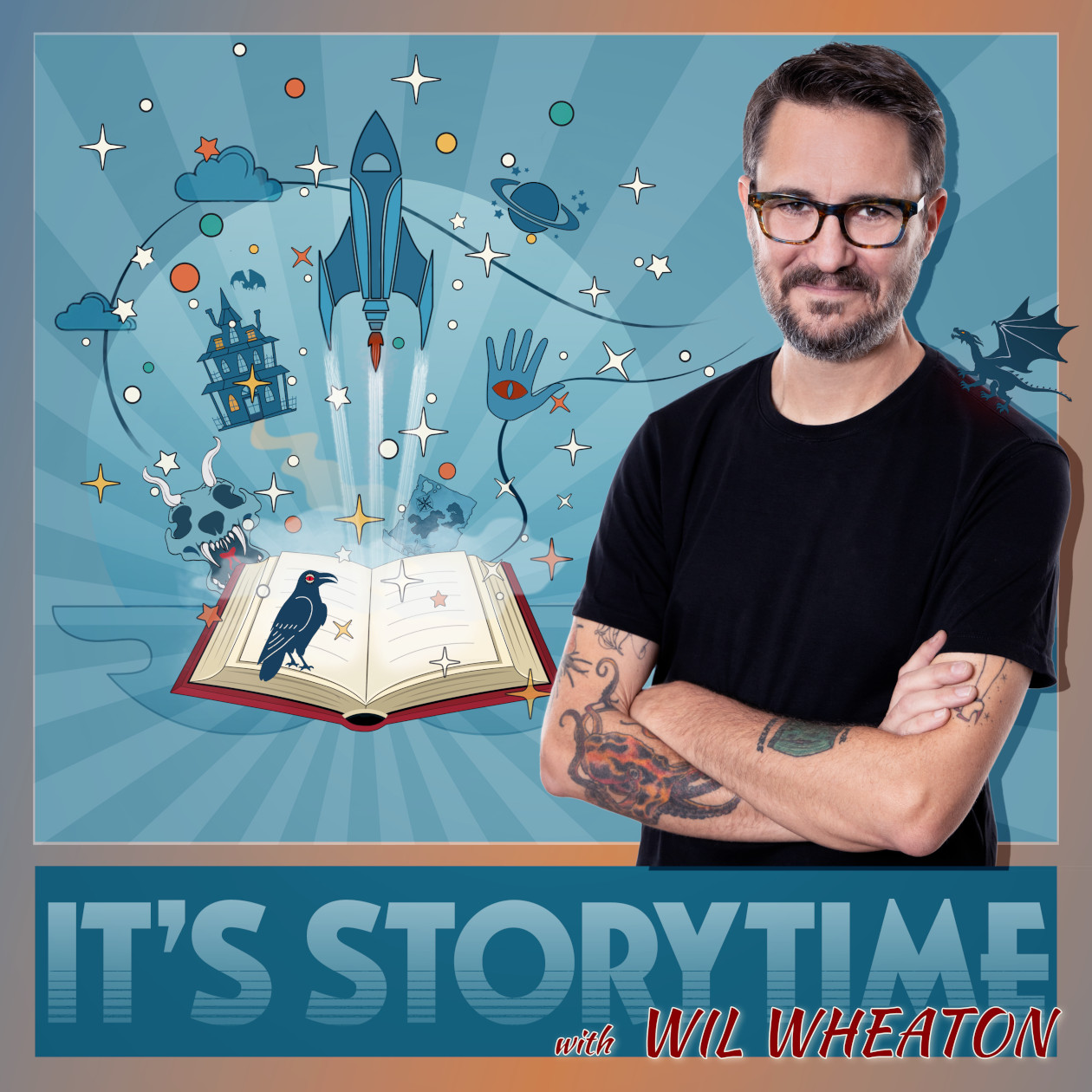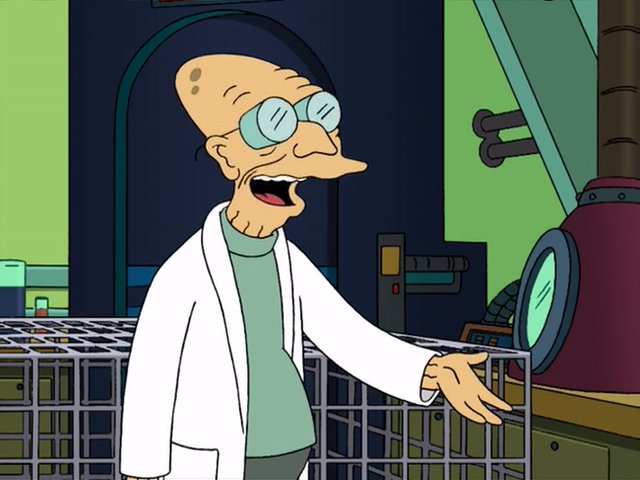Well, here we are in Spain. I feel like I am just getting started, and I wish I had more new episodes yet to come, but we have come to the final episode of what’s turning out to be one of the most wonderful things I’ve ever done. I set out to make ten episodes for the first season of the podcast, and through a series of unfortunate events, lost two of them. That means that this is the final episode of my proof of concept, shakedown cruise, for what I hope will become a weekly series that runs for years.
I have learned so much during this process about myself, as a creator, producer, and host. I’ve learned a lot about promotion and marketing. I don’t know precisely how much XP I farmed through the whole thing, but I’ve gone up a couple of levels. I know how to do this, now.
I honestly don’t know what comes next. I’m going to have an all-hands meeting with the team to look at total downloads other metrics, and they will tell me if it looks like there is enough audience to attract sponsors and Patreon subscribers.
My gut tells me that it isn’t going to happen. I don’t feel it catching and growing the way I did with Tabletop. That’s probably because the podcast space is crowded, and even though I’m not necessarily competing with another audiobook podcast (I think I’m the only one), I am absolutely competing with every other podcast in the universe, because there is only so much time available, and those True Crime podcasts are pretty great. But I’m hopeful that my gut is filled with a lifetime of disappointment and sadness, so it’s not giving me truly useful advice. I’m hoping that I get good news, wihle bracing myself if it doesn’t come.
All of that said, if this is all I ever get to do, I am so happy and proud of this. I do not regret taking this chance, investing my time and money and spirit. From a creative standpoint, this is a huge success. I am so proud of my work, I feel so good about it, and I am so grateful that I am closer to my artistic self now than I was six months ago, entirely because this whole effort demanded that I give it everything I had to give. To get there, I had to really clean up and get rid of a lot of baggage and lingering bits of my former life as an on-camera actor. A wonderful and unexpected benefit of that (other than the genuine emotional healing and trauma recovery) is that I have a much clearer picture of who I am as a person and an artist.
I am supposed to be coy and play it cool, fake it ’till I make it and all that, but I am going to tell you, even though they all tell me I am not supposed to, that I want to do this podcast as my daily job more than anything. I want to feel the satisfaction of putting something good into the world, the joy and the rush and the art that only happens when I’m narrating audiobooks or working in animation. And since animation doesn’t seem interested in giving me feedback on a single audition going on for two decades now, I’m going to lean hard into narrating audiobooks.
If you’re in the audience for It’s Storytime with Wil Wheaton, I need you to know how grateful I am that you’re trusting me with your time and attention. The world is on fire, everything is terrible, and we all desperately need to find as many moments of peace as we can. It’s my hope that I can tell you a story once a week, and for an hour or so, you can get a rest from all of *gestures broadly at everything*. I sincerely hope I can keep doing this for you (and for myself), and if I do, you’re the reason why.
And a very very very special thank you to everyone who supported me on Patreon. You are part of a very small group of people (much smaller than I anticipated) and I hope you enjoyed the things I shared specifically with you, as my way of saying thank you.
So enough about me, let’s get to the reason you’re here… this week’s hopefully not final episode of It’s Storytime with Wil Wheaton!
Every single story I did is wonderful, and I love each one on its on merits for specific reasons. This week’s, however, is a stand out for me, among other great work. This story is almost a monologue, and I can see myself doing it as a one act play at the theatre where it is set, just down the road from here. Every story I narrate uses at least some of the skill I developed when I was an actor, but this one just demanded that I use all of them.
Actually, let me restate that: it gave me permission to feel the joy that actors must feel when they give a fulsome performance that goes all the way to the marrow of their creative selves. That was rad.
Our editors did some very gentle work on this, too, that fills out a bit of space and makes the whole thing just so much more than I even hoped it would be. I’m so excited to share this with all of you.
Here’s my intro:
This is the part of my introduction where I talk about the story you’re about to hear, where I write what I call “the magazine heading” which will help you press pause on the real world and come with me into Story Time. This part is challenging for me; I need to summarize just enough of the plot to entice you, without giving away anything important.
I’m struggling with this part more than usual today, because this story doesn’t fit neatly into any single category. It’s a ghost story, it’s a love story, it’s a gorgeous monologue that cries out to be staged in the real life theatre where the titular play is set. It is a beautiful way to wrap up our first season. There is nothing I can say about it now that adds anything to it, so I invite you to take your seat, because the house lights have come down, and we have to begin, if we are going to get to the End of Play.
You’re going to love this, I promise.
As always:
- Apple Podcasts
- PocketCast
- Spotify
- Pandora
- iHeart
- Amazon
- or grab the RSS directly from me right here.
You can also support the show on Patreon, where you’ll get the show with no ads, as well as some spiffy extras that all the cool kids are into these days.
Thanks, everyone. I’m so glad you’re here, and so grateful that you’re part of this.



